“If the 20th century has been, so to speak, the century of the brain, then the 21st century should be the century of the heart.”
Gary E.R. Schwartz Ph.D & Linda G.S. Sussex Ph.D
For all science’s importance and contribution to our understanding of the world, there is still not a single machine in the scientific field that can measure love. Love lies beyond logic.

I do, however, remember taking part in an interesting experiment on a personal development course a few years ago, where we used dowsing rods to measure someone’s energy field. It was certainly eye opening.
We were instructed to work in pairs. The ‘test subject’ was asked to stand still while the other person held the rods whilst standing at the other side of the room, who asked them to think about their family or people they loved, to feel appreciation and loving thoughts. They then held up the rods and walked towards the other person experiencing the loving feelings. As soon as the rods crossed each other it indicated the edge of their energy field or aura. The same process was then repeated with the test subject being asked to think sad thoughts, focus on things that upset them and made them angry as the person holding the rods walked towards them.
I must admit that I was sceptical at the outset of this experiment, but the results blew me away. Everyone in the room had universally the same outcome. The distance from when the rods crossed over at the edge of the energy field to the person having the emotions was much greater when those emotions were loving and uplifting, and much closer to the body when negative.
In other words, our way of being in the world affects ourselves and others. This subtle energy expands and contracts according to our moods and emotional states.
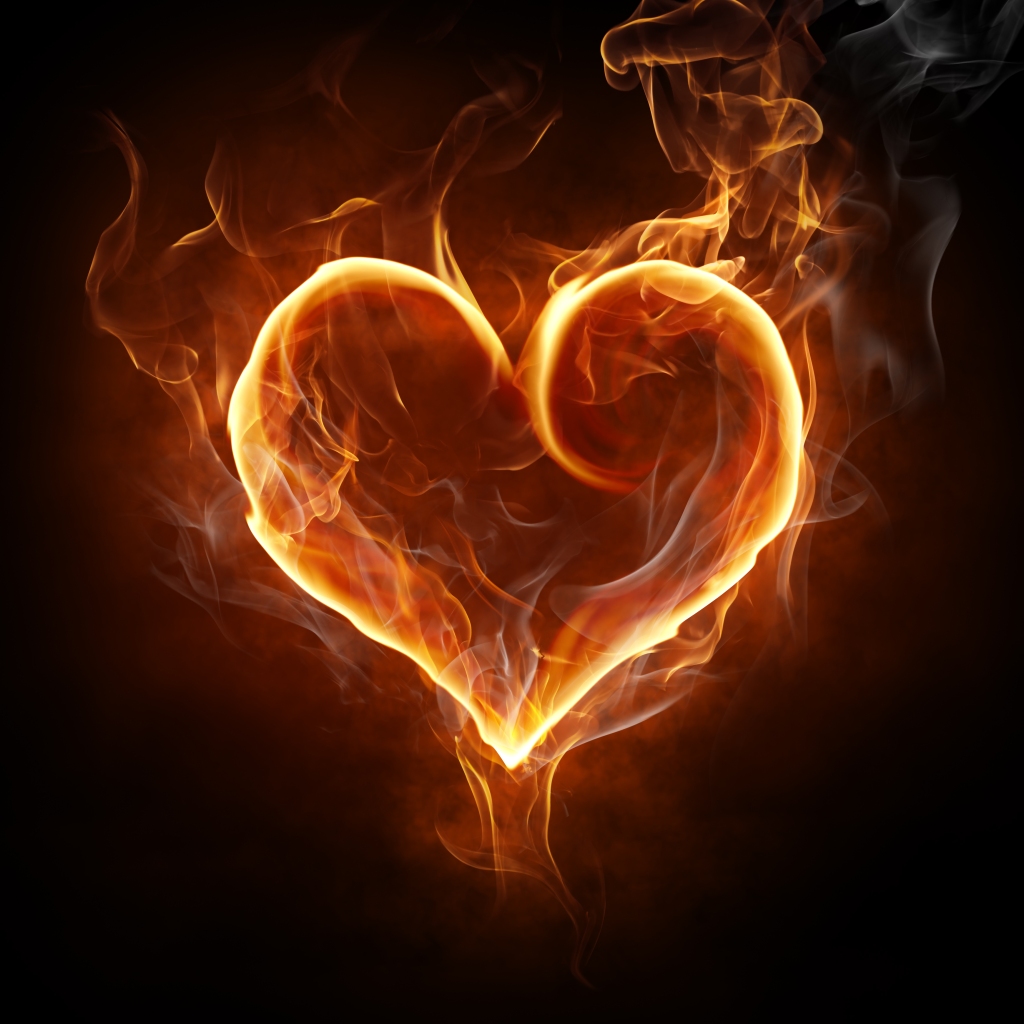
How can we define the myriad of feelings and plethora of emotions inspired by love?
That simple random act of kindness a stranger shows, especially at a time when you are feeling the weight of the world on your shoulders, or that peace of mind that infiltrates your cells when you are able to help someone else going through struggle.
Perhaps poetry comes closest, but for me, so does music. In fact all the expressive arts in some way or another emanate from love and communicate love.
The way of love is not
a subtle argument
The door there
is devastation.
Birds make great sky-circles
of their freedom.
How do they learn it?
They fall, and falling,
they’re given wings.
Rumi
Unconditional love is more than an emotion – it’s a way of being in the world.
I’ve written about the mysteries of the heart in three previous posts, Heart Matters: Secrets of the Heart in Culture and Life – What is the Leading Cause of Death in the World – The Amazing Benefits of the Miracle Molecule. I’ll try not to repeat what was covered before, (but there may be some overlap), in relation to heart centred living.
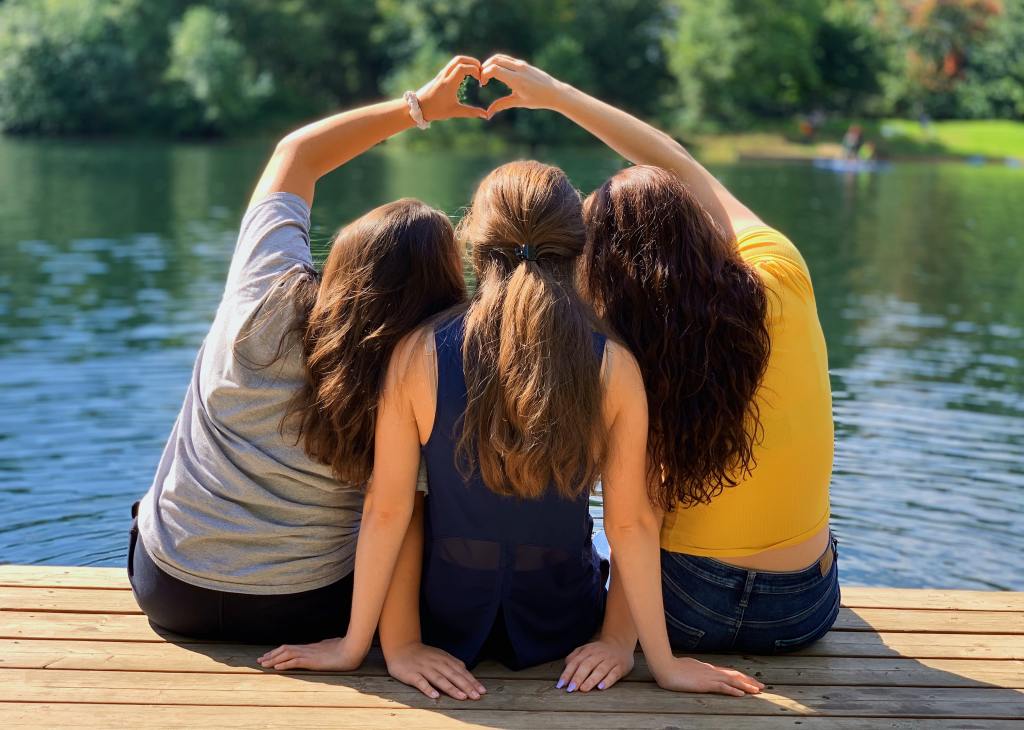
I’m only just getting round to reflecting on last year, and deciding what my priorities, goals and intentions are for this year and beyond. In a way, I feel like I lost a lot of time through the pandemic, and I feel a quiet determination, an indefatigable spark to live my life on my terms without fear.
It takes courage to be your authentic self under rigid societal norms, stereotyped expectations and dogma. But if you listen to your heart it will always guide you in the right direction.
“Follow your heart. Your heart is the right guide in everything big.”
Khalil Gibran
I am currently ensconced in the upheaval of renovating two bedrooms at the same time, which began shortly after the New Year, (seduced perhaps, by the temporary euphoria of saying good bye to 2021, as well as by the needs of my daughters).
The physical and mental exhaustion caused by lugging furniture, clearing, decluttering, organising and the chaos that comes with such work of clearing entire rooms of everything (which has to be dispersed into the remaining living space for sorting), has been somewhat stressful. But I can finally see light at the end of the tunnel: a smoother domestic life for myself and my family, which I fervently hope will translate into increased harmony, productivity and greater joy all-round.
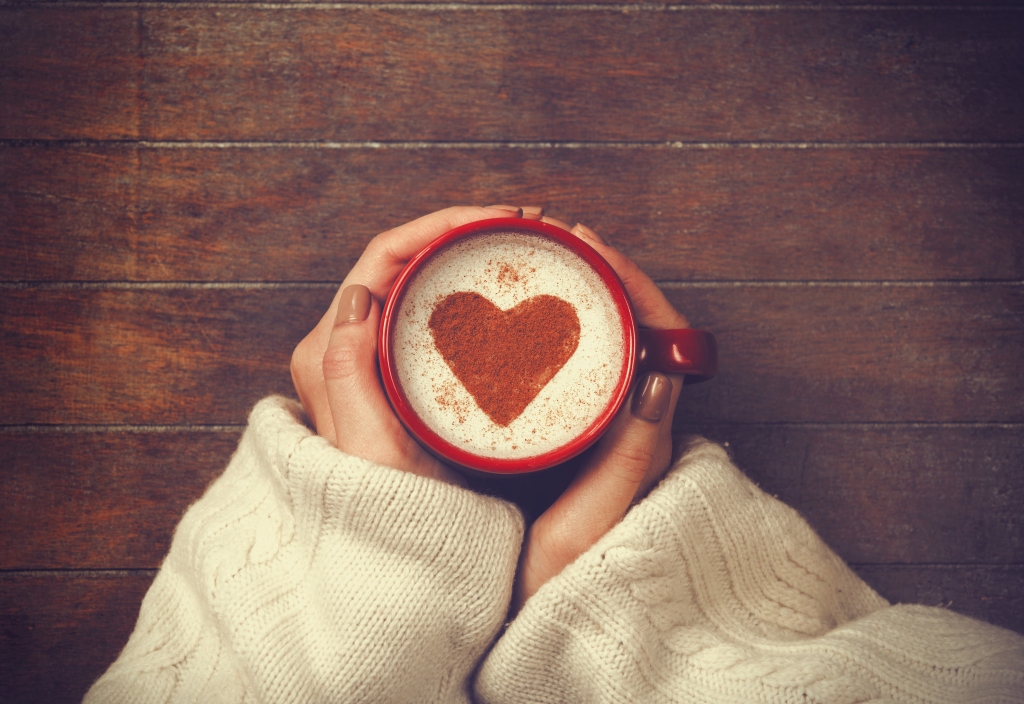
I find chaos deeply unsettling. Maybe it’s a metaphor for life at the moment. My mind, body and soul somehow seem to tune in to and reflect my immediate surroundings, so visualising a calmer future is a must for me! But through chaos comes order. Eventually…
No wonder completing my tax return felt more aggravating than usual!
Evolving from one state to a higher state often feels like an arduous undertaking, but worth the work even so.
I intended to write this post in January, but didn’t, as I had my urgent home renovation hat on; however it seems more fitting for February, which is designated in many countries as Heart Month.
Heart Month focuses on heart health and all matters relating to the heart. February was probably chosen because the 14th February is Valentine’s Day!
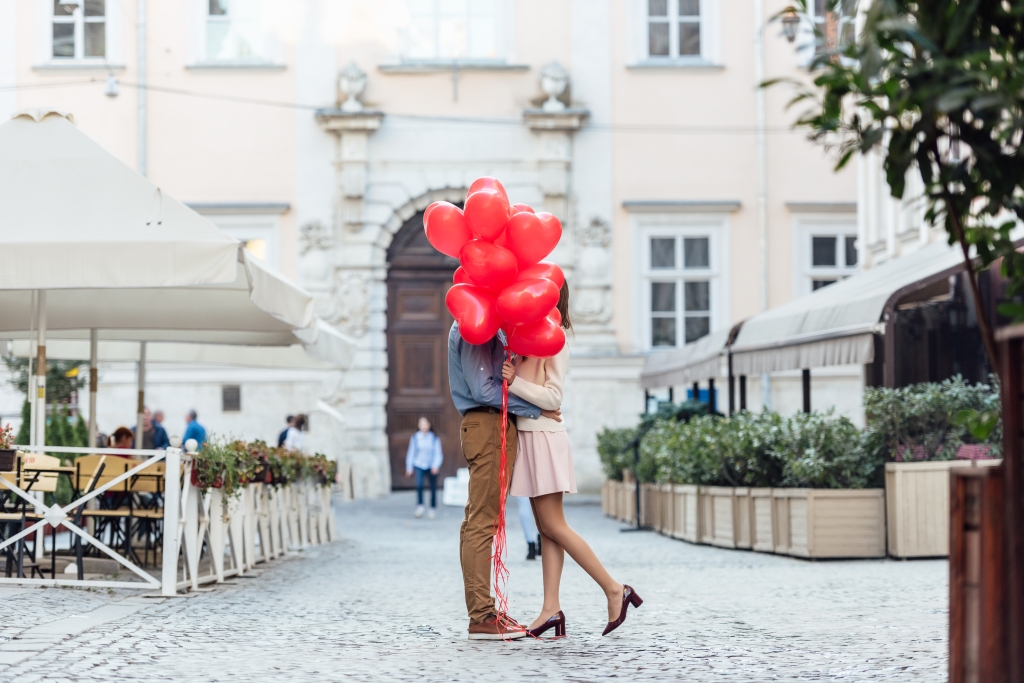
The heart has a mind of its own – literally
Anyone who has ever been in love knows that the heart does not always obey the head! This point was beautifully elucidated by Blaise Pascale:
“The heart has its reasons which reason knows nothing of… We know the truth not only by the reason, but by the heart.”
It turns out there is a scientific basis for Pascale’s erudite observation, which I’ll go into more detail on later in the post.
The heart is the first organ to develop in a growing fetus; and in our normal day to day lives it beats around 100,000 times per day, pumping 2,000 gallons of blood around 60,000 miles of arteries, veins, capillaries and blood vessels.

But being a vessel of miraculous circulation may not be its only purpose. Our ancestors regarded the human heart as the centre of thought, emotion, memory and personality – the true master organ of the body.
The heart is mentioned 830 times in the Bible, and features in 59 of the 66 books.
Proverbs: “Counsel in the heart of a man is like deep water; but a man of understanding will draw it out.”
Similarly, the native Omaha people of North America have a tradition: “Ask questions from your heart and you will be answered from the heart.”
The Lotus Sutra of the Mahayana Buddhist tradition teaches of the “hidden treasure of the heart”, which is described in scripture as being “as vast as the universe itself, which dispels any feelings of powerlessness.”
Decisions based on the heart’s wisdom will never be wrong for you.

A little brain in the heart
In 1991 an incredible discovery was published in the journal Neurocardiology by a team of scientists lead by Dr Armour from the University of Montreal; studying the close relationship between the brain and the heart. In the process of their research it was discovered that the human heart contains around 40,000 specialised neurons (sensory neurites), which form a communication network within the heart, operating independently of the brain. A little brain in the heart.
“The ‘heart brain’ is an intricate network of nerves, neurotransmitters, proteins, and support cells similar to those found in the brain proper.”
Dr. Andrew Armour
The heart’s brain converts the language of the body – emotions – into the electrical language of the nervous system so that its messages make sense to the brain. Scientists are also investigating the heart’s brain role in other physical and mental functions such as:
- Direct communication with sensory neurites in other organs of the body
- The heart-based wisdom known as heart intelligence
- Intentional states of deep intuition
- Intentional precognitive abilities
- The mechanism of self-healing
- The awakening of super learning abilities and more.
The heart’s brain can think, learn and remember, sensing inner and outer worlds by itself, and when in harmony with our cranial brain provide a benefit of a single potent neural network shared by two separate organs.
Tweet
The Coptic Christian saint, Macarius said of the heart:
“The heart itself is but a little vessel, and yet there are dragons, and there are lions, and there are venomous beasts, and all the treasures of wickedness; and there are rough uneven ways, there chasms; there likewise is God, there the angel, there the life and the Kingdom, there light and the apostles, there the heavenly cities, there the treasures, there are all things.”
How, I wonder, could he have possibly known, that the ‘all things’ category would include the ability of the heart to remember life events – even when the heart is no longer in the body of the person who experienced the events?!
Memories of the heart
I vaguely remember seeing a fictional film many moons ago (the title eludes me), where a person has a heart transplant and starts to have visions of the deceased person who’s heart they have been given. It seemed way out there. But truth really can be stranger than fiction…
Since the very first heart transplant in 1967, there are now thousands of heart transplant operations performed every year. Over time a curious phenomena began to occur, a side effect that was labelled memory transference. It seems that if the heart is alive the memories remain. Emotional memories are so deeply ingrained in the heart’s memory they can be experienced by a donor.
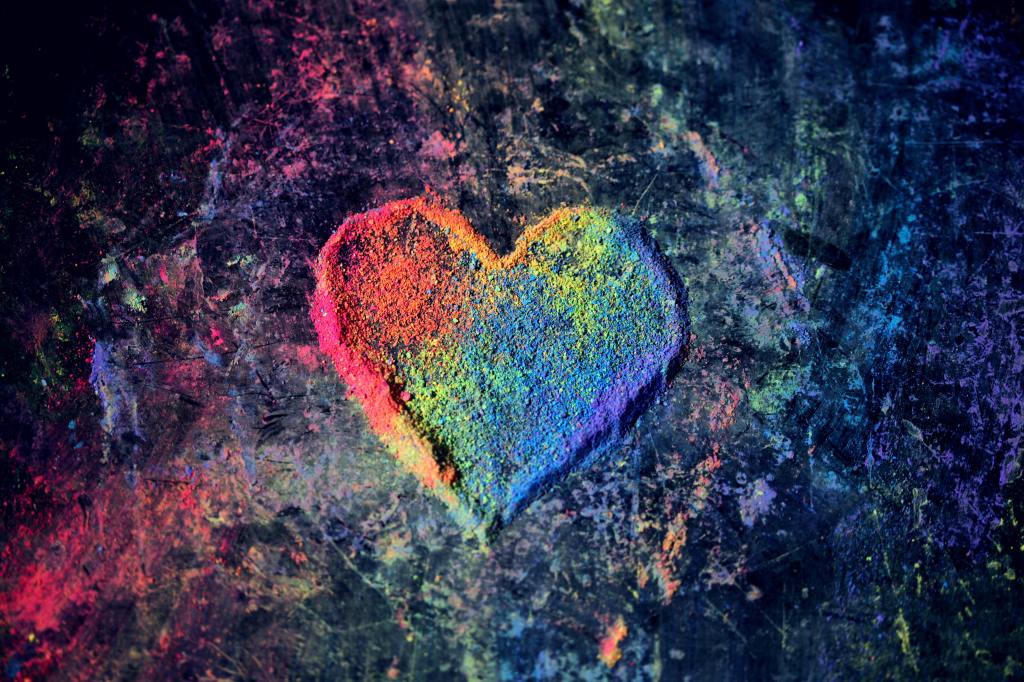
An incredible case was documented in the book The Heart’s Code, of which a section is dedicated to true life accounts of heart recipients. The case of an eight year old girl is particularly heart-rending. The young girl began having vivid and frightening dreams, nightmares, in which she was being chased, attacked and killed. Although the transplant was technically a success, the psychological impact of these nightmares became increasingly distressing.
The young girl was subsequently referred to a psychiatrist. She described a terrible event and images with such clarity, detail and consistency that the psychiatrist became convinced she was relaying actual memories. The question was from whose memory?
Eventually the authorities were contacted, an investigation conducted, and so it came to light that the young girl was remembering an unsolved murder from her own town. She was able to share the specific details of where, when and how the murder was carried out, remembering the words spoken during the attack, and was even able to say the name of the murderer. Tragically, the victim had been a 10 year old girl. Based on the details she was able to give the police, a man that fit the circumstances and description was arrested and put on trial. He was subsequently convicted of the assault and murder of the girl whose heart had been donated to the eight year old girl.
A fascinating documentary on this subject and the little brain in the heart:
The discovery of the ‘little brain in the heart’ has the potential to reveal a vast array of possibilities. These examples show me that the power of the heart is not to be underestimated.
Asking the heart for guidance
Typically we tend to use our brain, our reasoning capacities and logic when we are faced with choices and decisions. We mull thoughts over, examining the pros and cons, using the filters of past experience, our perceptions which are all bound to our sense of self-worth. Our minds tend to justify the answers we arrive at using circular reasoning, a way of thinking that supports a conclusion by restating it.
Sometimes a choice can be baffling through reason alone, and despite the advanced technology available to most people, the heart may just prove the most sophisticated technology we could have at our disposal. The heart can bypass mental filters and prejudice.
What if our heart intelligence knows instantly what’s true for us in the moment? What if we have the opportunity to access a deeper wisdom that transcends the bias of the mind?
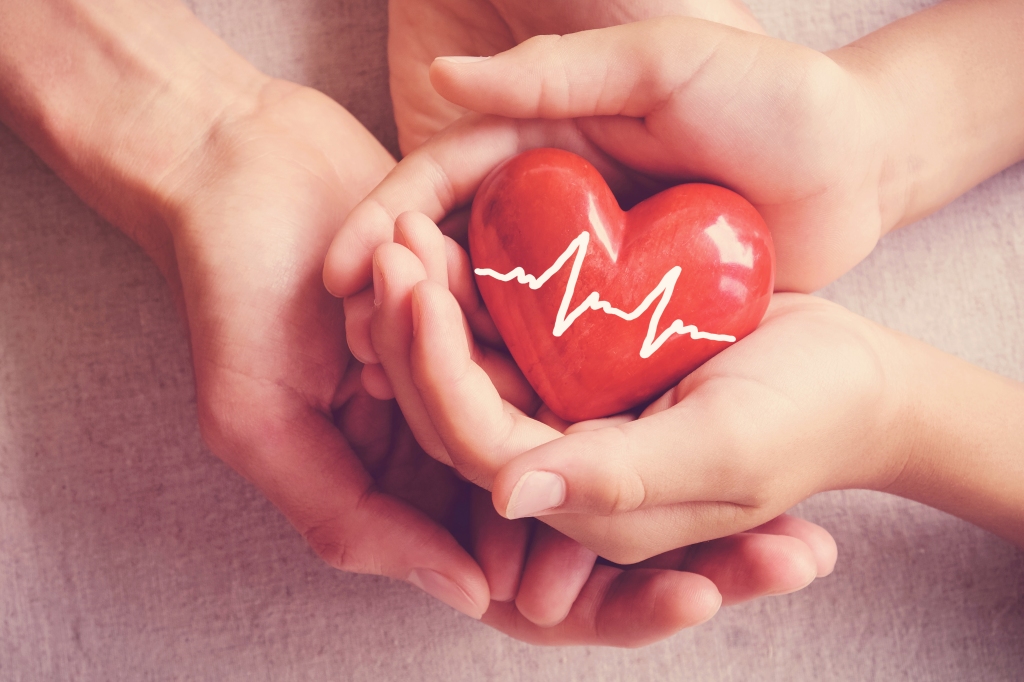
We ignore our heart’s wisdom at our peril.
Would you agree that when you meet a person for the very first time you instantly form an impression of their character, and have a feeling whether you might like them or not before you have even exchanged a single word?
Our human instinct is the need to know if we are safe and if we can trust that person. This applies to friendship, business, love, romance and intimacy.
The speed at which this impression is formed is not the result of brain activity alone. As well as the ‘heart brain’, I also believe that our ‘gut brain’ has a role to play, giving us those all important ‘gut feelings’.
“At the center of this ability (INTUITION) is the human heart, which encompasses a degree of intelligence whose sophistication and vastness we are continuing to understand and explore. We now know this intelligence may cultivated to our advantage in many ways.”
Institute of HeartMath
Throughout the last two years of the Covi-19 pandemic, political and societal volatility and the increasingly frequent and disturbing climate events experienced, we have been collectively battered; physically, mentally and emotionally. We are living in extreme times.
Developing resilience
In addition to solving the manmade circumstances that have contributed to the challenging situations we are facing on an individual and collective scale, it is clear that developing resilience and embracing change in a healthy way will help us emerge into greater equilibrium and make better choices, thereby reducing the stress created in our lives.
The Stockholm Resilience Centre describes resilience as the capacity to “continually change and adapt yet remain within critical thresholds.”
A great lecture on the science of resilience:
Heart-Brain Coherence
Personal resilience can be thought of as the combined force of the emotional, physical and psychological “batteries” that power us through life’s challenges, and expanded resilience is the juice that keeps our batteries continually charged. Life is so intense for may of us, we can’t afford to have low batteries…
Heart rate variability (HRV) is one way to measure the resilience of our heart. In summary, the greater the variability between beats, the greater the resilience we have in facing life’s stresses and the changes going on in our world.
I have been using a technique to create Heart-Brain Coherence, and for difficult choices I have also been asking my heart.
So although my focus will naturally be on my goals, using my heart as an unfailing barometer in my progress and for life in general is my underlying theme this year.
The ‘weighing of the heart‘
From the ancient Egyptian Book of the Dead came the ritual weighing of the heart against the feather of Maat , the goddess of Truth and Justice. In Egyptian religion the heart was considered to contain all of the good and bad deeds of a person’s life, and was needed for judgment in the afterlife. To me, this is a great metaphor for life, as well as the afterlife. If you live with a heavy heart your life scales will be unbalanced. Living according to the wisdom of the heart keeps our scales in balance and harmony.
Wearing the world like a loose garment.
We will always face challenges, to a lesser or greater degree. Globally, as a species, we are going through profound changes, and our actions will determine the course of our evolution.
I have been guilty of allowing myself to become mired in anger, frustration, hopelessness and overwhelm with the current state of the world, and in particular with the appalling behaviour of our politicians. I’ve realised it’s perfectly natural to feel this way, (when I see things I cherish being systematically destroyed), as long as I work through it and release it in a healthy way, and not become attached to these particularly strong negative emotions. The Heart-Brain Coherence technique and letting go helps me to do that, as it allows a certain detachment from events that are out of my control.
Jesus’s advice to “wear the world like a loose garment” makes total sense in this context. Reframing the content of what is happening into a wider context enables me to transcend the pain of the events. I realise that enough people will feel the same as me, and at some point political and social change will come as a result of experiencing what doesn’t serve us.
Until the next time, from my heart to yours, in love, gratitude and wisdom…
He who binds to himself a joy
Does the winged life destroy:
But he who kisses the joy as it flies
Lives in eternity’s sun rise.
William Blake
